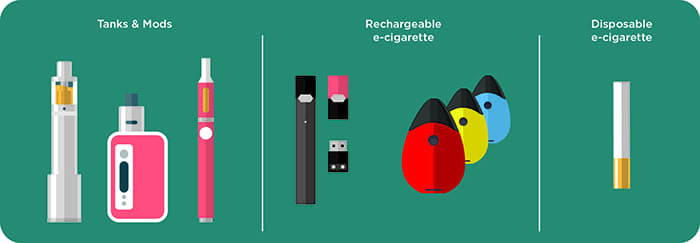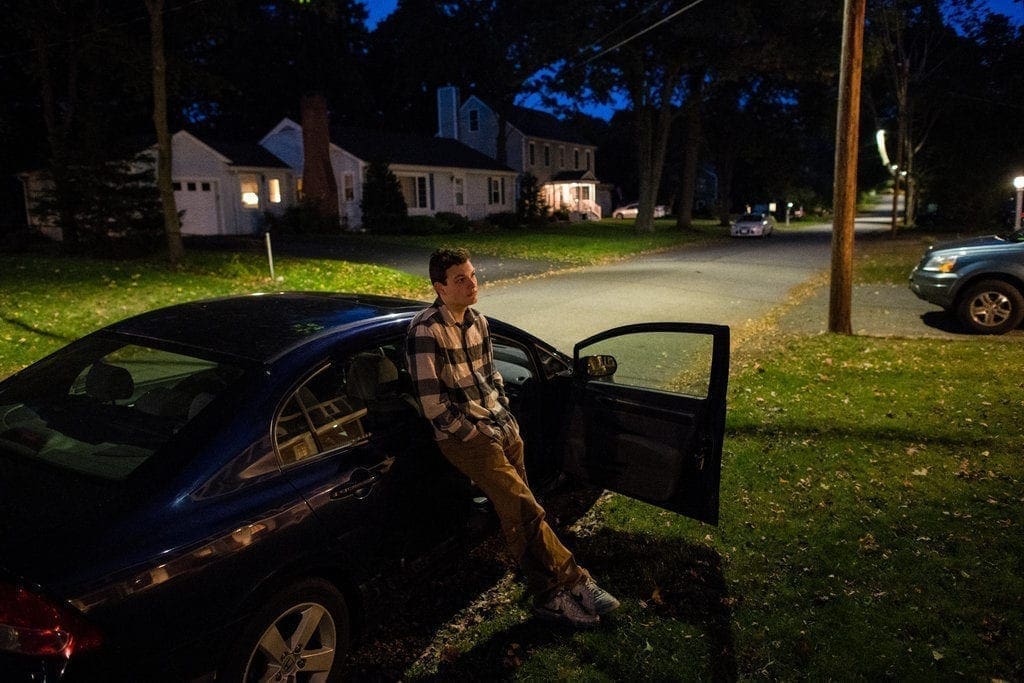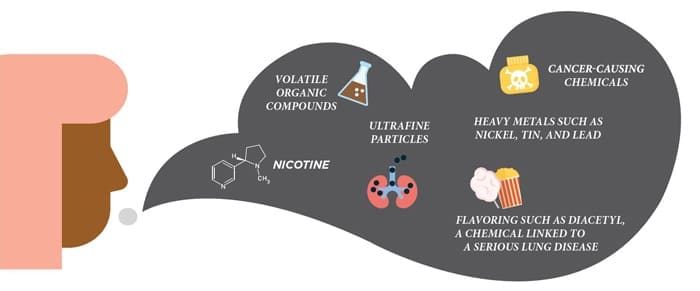
Opinion: The Problem with Juuling
“Hey, want to come hit this new flavor?”
How should society deal with this epidemic of Juuling?
Cover photo by Rafael Guajardo on Pexels
A vaping epidemic has sprung up in the past couple years as it has spread to many high schools and even middle schools. News of high school students getting caught vaping in bathrooms have risen. Vaping has increased by 78% among high school students and 48% among middle school students from 2017 to 2018 according to the FDA and CDC’s National Youth Tobacco Survey.
Students are getting reprimanded for an impulsive act that only takes three seconds. They hit that fruity flavor, wait as the chemicals inject a short term buzz, often followed by a stupendous headache and nausea.
So, are those three seconds really worth it?
Sounds like a dumb question: any drug is a negative choice for one’s future.
Nevertheless, vaping persists. As a junior, I have witnessed people gather to vape and try new flavors. Vaping has shorter term effects than alcohol. As a result, that short buzz allows teens to discreetly try a drug without it affecting the rest of their day. These e-cigarette devices come in different sizes and colors and have different names. They generally have an appealing appearance that attracts curious teenagers.

Vaping has been advertised through the media, especially by influencers on Instagram and YouTube, as a cool way to make shapes with smoke and share with friends. Naturally, many of these influencers don’t mention the true consequences of vaping.
So, the same question arises again: are all these colors, flavors, short term buzzes really worth it?
While the buzz is temporary and the side effects seemingly temporary, continued consumption of the nicotine that in the juice can cause many negative effects. According to the Surgeon General’s report, “most e-cigarettes contain nicotine, which can cause addiction and can harm the developing adolescent brain.” In addition, some juices that claim to have no nicotine in them have been found to still contain some.

Those who aren’t moved by scientific facts may be more persuaded by someone who has experienced nicotine addiction. For example, Matt Murphy, a normal sophomore in high school, became involved with nicotine addiction which, in part, lead to other toxic habits in his life.

After a few weeks of bumming daily hits from friends, Matt went on a family vacation out West. On his second day without a Juul, he found he wanted one desperately. On the third, he couldn’t take it anymore. …
Soon, he escalated to a daily pod, sometimes more. He was spending $40 a week, draining his Christmas and birthday money, and his paycheck from his part-time job at Chili’s.
Matt doesn’t come across as a cool alpha. He’s an easy, approachable kid with a certain sweetness, voted “best personality” by his high school classmates. Focused on achieving academic and financial success, he stayed away from marijuana, alcohol and cigarettes. The Juul, he thought, was a harmless way to look like an edgy risk-taker. …
He and other athletes noticed they would get out of breath more quickly. ‘”We called it ‘Juul lung,'” Matt said. “We knew it lowered our performance but we saw that as a sacrifice we were willing to make.”
“The Price of Cool: A Teenager, a Juul and Nicotine Addiction” by Jan Hoffman for The New York Times
Matt wasn’t done with his addiction until college.
Nicotine addiction is serious and it’s not worth it. There is not much scientific evidence on e-cigarettes and that’s frightening. No one truly knows what many of the long term effects this epidemic could bring. Decades ago, smoking cigarettes was what made people seem “cool”. Nowadays, some teenagers call them “cancer sticks”. So, how do we change the perspective on e-cigarettes? How should society deal with this epidemic?

Well, honestly, I think that instead of punishing students and getting angry at them for these mistakes, one should look further into the problem. For example, someone may be struggling with a lack of self love and acceptance. Vaping may be how they feel they can belong.
On the other hand, someone may not know how to deal with this addiction and learning how to cope with an addiction may be helpful.
Teenagers can also be vulnerable to peer pressure and so dealing with those who pressure others, especially these pods at school is a better idea.
Honestly, I believe that vaping can be contained and ultimately eliminated. It will take effort but is possible. Risking your health for your reputation is stupid; risking your health because you don’t care is idiotic.
Many problems with drugs come from the users themselves and what’s happening in their lives. I know that not everyone can know about each other’s personal lives, but punishing students with suspension and other useless methods seems to be ineffective.
Instead, we should attack the root of the problem. We should teach others that their lives are worth it and that there are solutions out there other than drugs.
Only then we will able to fight the real problem.

Sofia is currently the Opinions Editor of The Panther Eye newspaper. This is her last year here at Sweet Home High School, and she wants to leave behind the relentless, inspirational, unique essence of her best work. Sofia hopes to demonstrate a different outlook to what you perceive reality to be.

